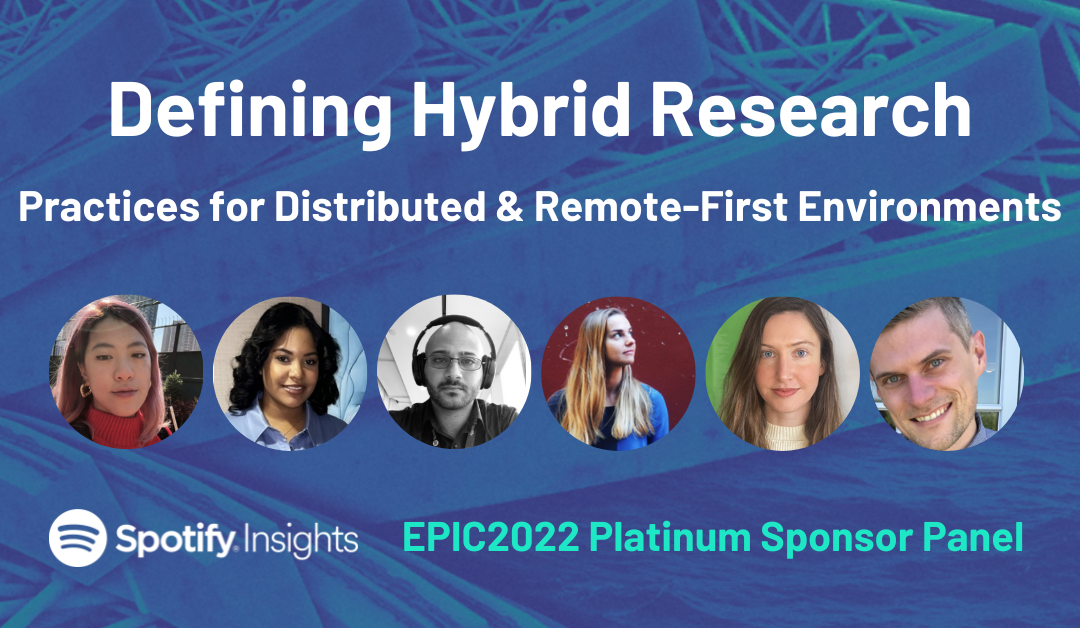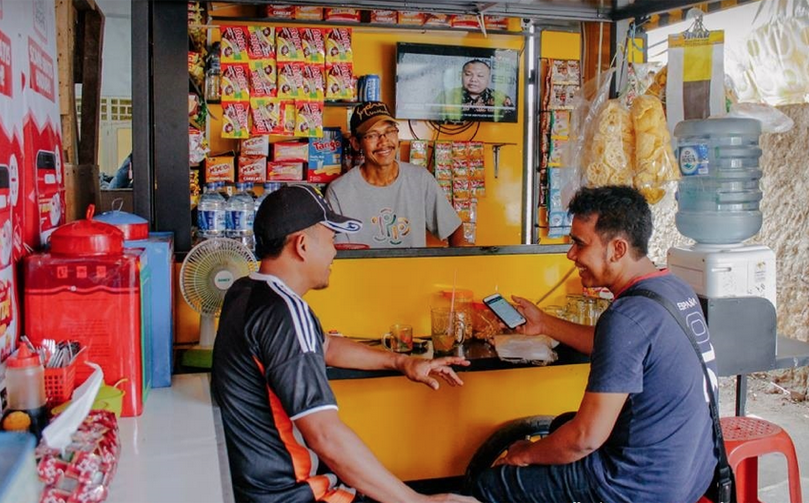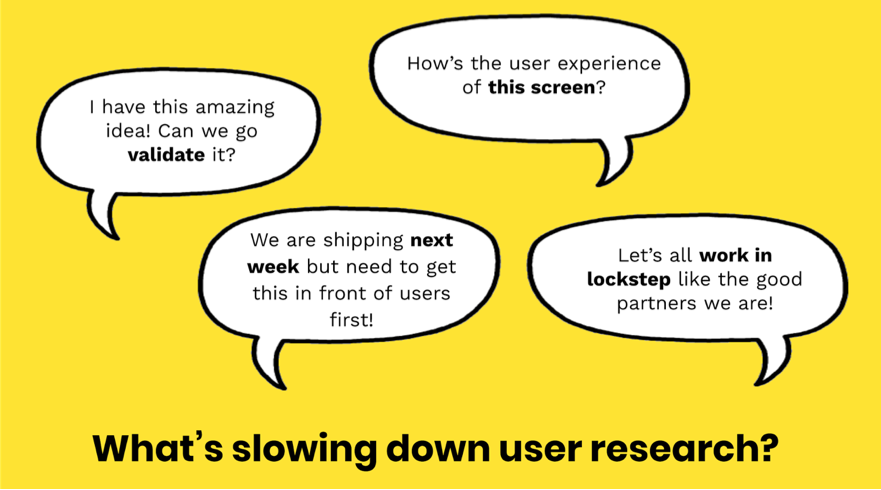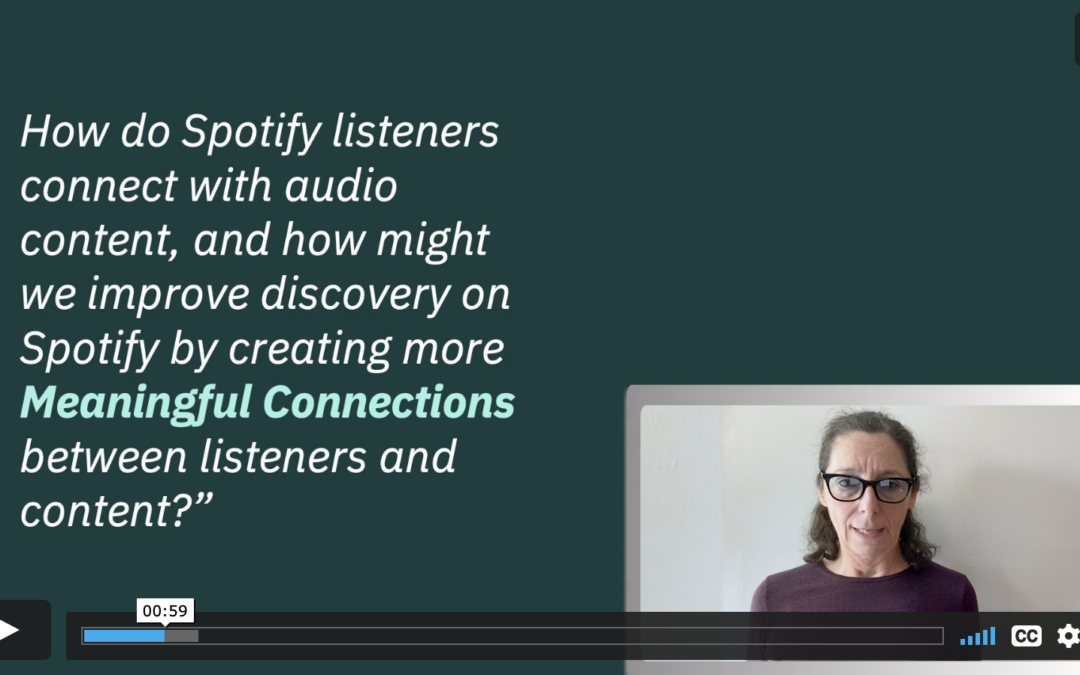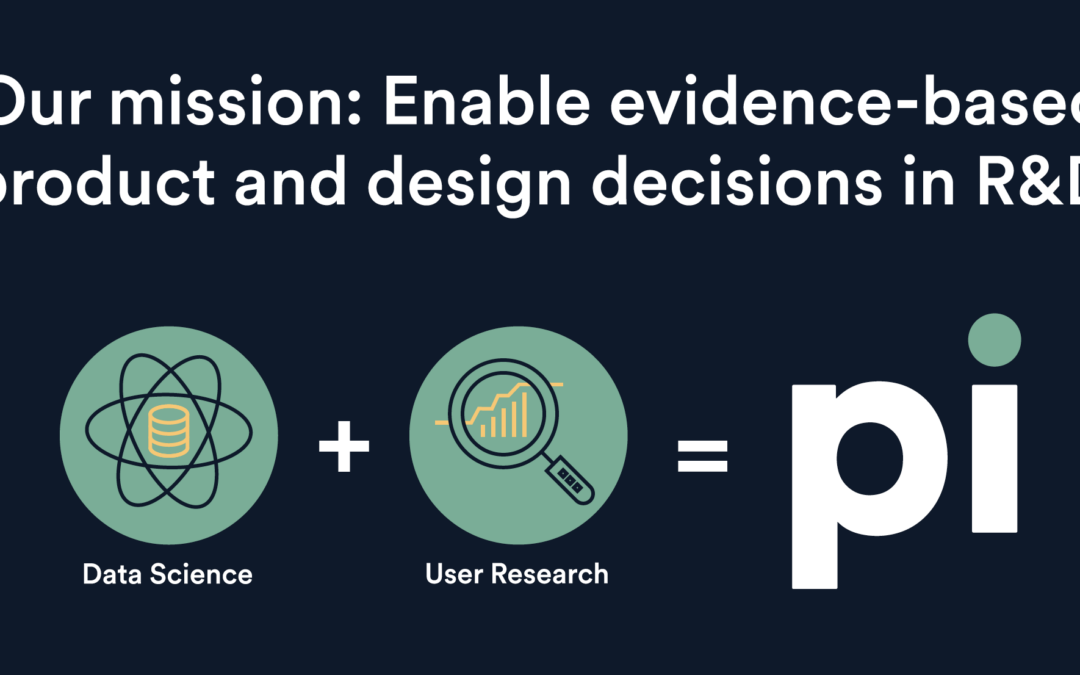Foresight. Tends. Megatrends. Forecasting. Speculative design. Predictive modelling. Impact estimating. These are some of the established methods that researchers and analysts use in trying to understand what the future might look like, and how the organisations we work for and with approach the...


